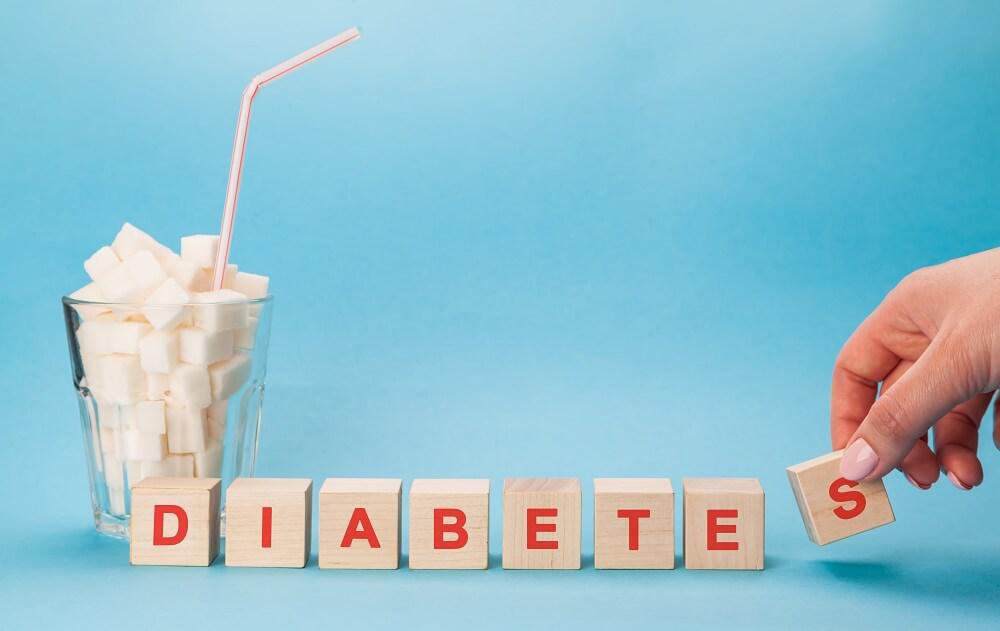Diabetes is one of the most common health afflictions among American adults. The CDC estimates that Americans with diabetes number over 30 million, or just under 10% or the American population! That means about one in 10 American adults either has the disease or will be diagnosed with it.
Symptoms of diabetes include increased hunger, blurry vision, fatigue, frequent urination, and numbness or tingling in hands or feet.
Diabetes, as a disease, is often associated with obesity, high sugar diets, and a sedentary lifestyle. But otherwise healthy people can have diabetes, too. In fact, there are two common types of diabetes: Type 1 diabetes and Type 2 diabetes.
What’s the difference between Type 1 diabetes and Type 2 diabetes? Let’s explain.
Contents
Type 1 Diabetes
Type 1 diabetes is also known as juvenile onset diabetes, as it normally presents itself during childhood or adolescence. It’s a disease with very sudden symptoms that, if left unchecked, can lead to death. Type 1 diabetes has no cure.
People with Type 1 diabetes generally lead normal lives with a good prognosis, so long as they continue to take their insulin supplements and take measures to regulate their blood sugar. Type 1 diabetics do not appear any different from others, except some may require frequent insulin supplementation.
The Cause of Type 1 Diabetes
Type 1 Diabetes is caused by an autoimmune disorder. This means that the immune system is attacking a part of the body, in this case the pancreas. The pancreas’s main function is to produce insulin for the body, which assists in the regulation of blood sugar and many other bodily functions.
A Type 1 diabetes patient finds themselves unable to produce enough insulin naturally to regulate their blood sugar, because their immune system is attacking the pancreas and preventing it from making insulin. As a result, they must take insulin supplements for the rest of their life.
The root cause of this autoimmune disorder is unknown, however it is associated with certain genetic patterns and exposure to certain diseases such as mumps or rubella.
Type 2 Diabetes
Type 2 diabetes is the more common form of diabetes. 95% of people with diabetes have Type 2 diabetes. The disease’s symptoms often go unnoticed for some time, and patients tend to be diagnosed with the disease after having symptoms for years.
This type of diabetes is often comorbid with obesity and other weight-related health problems such as sleep apnea and high blood pressure.
There is no cure for Type 2 diabetes, however some Type 2 patients have seen their disease go into remission. Type 2 diabetes is often treated with metformin, however there are other drugs for patients who cannot take metformin.
The Cause of Type 2 Diabetes
Type 2 diabetes is caused by cells becoming resistant to insulin. The pancreas is still healthy and able to produce insulin, but it’s not sufficient to control blood glucose levels due to the reduced insulin sensitivity.
Insulin resistance is associated with obesity, smoking, a diet high in sugar and fat, a sedentary lifestyle, and some medications.
Type 2 diabetes can be managed by losing weight, quitting smoking, eating whole unprocessed foods in appropriate amounts, and maintaining an exercise regimen that includes cardiovascular exercise.
In Summary
- Type 1 diabetes is caused by genetic factors and generally appears in children and adolescents.
- Type 2 diabetes is caused by insulin resistance associated with an unhealthy lifestyle, and generally appears in adults.
- Neither disease has a cure. Type 1 diabetes is managed with insulin supplementation, whereas Type 2 diabetes is best managed by starting healthier habits.

